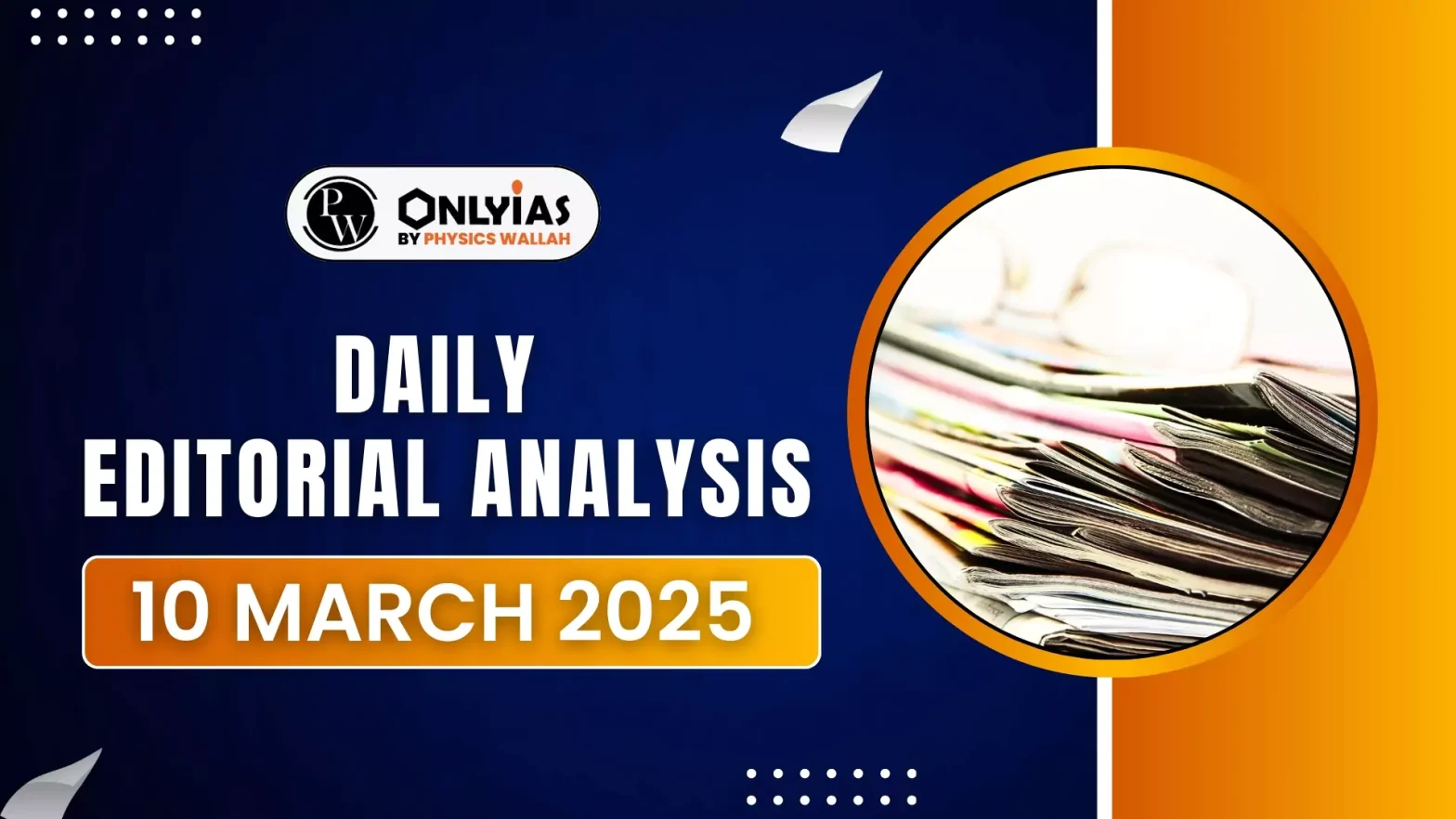![]() 10 Mar 2025
10 Mar 2025

Real financial and administrative autonomy is essential for effective decentralization and grassroots governance
Empowering local bodies with real financial and administrative authority is crucial for effective governance. Reducing bureaucratic control and ensuring transparency will enhance their efficiency.
| Mains Practice Question |
|---|

<div class="new-fform">
</div>